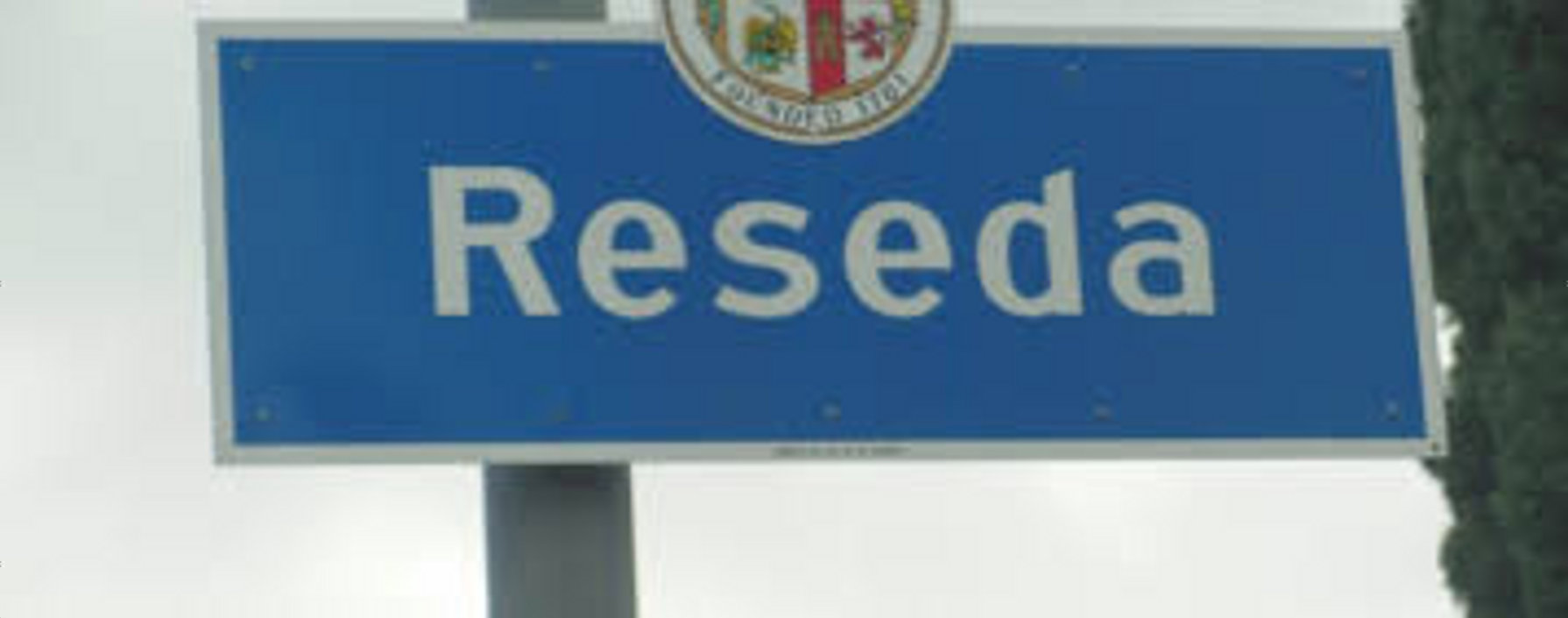UNITED STATES—The property owner, Jim Wylie, was a gambler in a big way, but not in the literal sense. Jerry Segal, his colleague and fellow “slumlord” (they referred to themselves facetiously) thought Wylie the smartest real estate brain he’d ever known. Wylie could conceive mind-bogglingly complex deals, dazzling in their simple genius, and see angles where nobody else could. Whereas Jerry was cautious and cash-solid; Jim was always flirting with the edge, his fledgling empire overextended, the brilliant house of cards stressing and groaning under a weight of epic debt. He was property rich and cash short.
I’ve often thought Wylie got kind of a thrill from the stress—perfect for an L.A. lifer like him. As a byproduct of this penchant for risk, Wylie would send me on special mission, to make rush payments, to collect rent, buy time, and collect the oddball debt from a bookie. There was a time when things got real shaky with the cash flow and he sent me out to a hinterland I had never heard of: Reseda. That’s where Wylie’s aunt lived.
She was his closest relative. The aunt and uncle had been stand-in parents when Wylie’s parents divorced early. (From being around Wylie I got infected by his theory that children of divorce were go-getters and more adaptable.)
Reseda, yes, I went to Reseda. For starters, the distance to Reseda from the “real” Los Angeles stretched and offended my sense of distance, still very limited in 1991, and this errand took me beyond. It was what you would call a nice sunny day. Out I went in the company Subaru wagon with Nevada plates, down the 101. Because of my unease with the distance the sun seemed coarse and aggressive: the kind of weather that makes me sympathize with Woody Allen’s meteorological aversion to Los Angeles. Hey, some days you’re just not in the mood for sunshine.
I got to Resesda (which is to say I reached a green freeway sign that said Reseda), and made the proper numbers of rights and lefts. When I finally located the aunt’s place, I was fascinated. A rambling wooden grooved house like a washboard that stood up two stories high and was topped by a peaked roof. The house had obviously been the center of a farm, but there was no more farmland. It was now ringed by trashy suburbia and businesses with Spanish signs.
I met the aunt. She was more than half blind and well on in years. But feisty. There was something very feisty and western about her. Here I felt close to my own California roots, ranches, the west, rambling old houses, and straight-shooting no-nonsense individualists.
“Been here for fifty years,” she said. “Now I’m surrounded by Tijuana town.”
We soon got down to business in the large kitchen, which was white as was the whole outside of the house. The house had a stateliness that didn’t need anything else.
Architecture aside, I was here for one thing only: to get save-me dough for Wylie. Time and travel have taught me that Los Angeles is one of the bail-out capitals: immigrants send dough back to their homeland in pesos and rubles and who knows what else, and the American-born immigrants often get a stipend from home—the vital extra dough needed to pay for living in the casino city.
So here I was getting bail-out for the real estate big wheel. The aunt had a special checkbook with raised spaces on it designed to assist a blind person in filling it out. It was for ten or twenty grand. Enough to keep Wylie from selling the skid row fleabag. The aunt deftly filled out the numbers, signed the check, handed it to me.
“Do you smoke?” she said.
“Cigars.”
She asked me for help lighting a cigarette for her. You’ve gotta respect somebody who’s still smoking over eighty, and bailing out your boss.
The cigar mention triggered memories of dinner clubs. “I like the smell of a cigar,” she said. “It reminds me of when we used to go out to Ciro’s or Chasen’s. “People dressed and they smoked. I always enjoyed the smell of a lit cigar.”
You gotta appreciate a woman who puts up with a burning cigar and even cut some slack for that slur about Tijuana Town. I left enthralled. Far from Hollywood as Reseda seemed, it gave me a part of the legend still alive in Wylie’s aunt, and brought me a piece of the fictional world I was creating.
Grady Miller is a humorist. His latest story collection is “LATE BLOOMER: Tales from Darkest Hollywood.”






